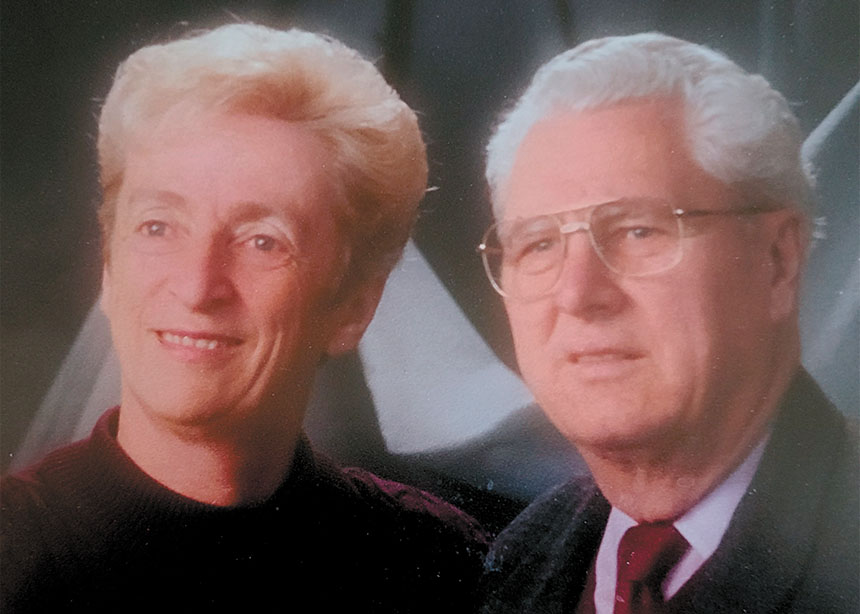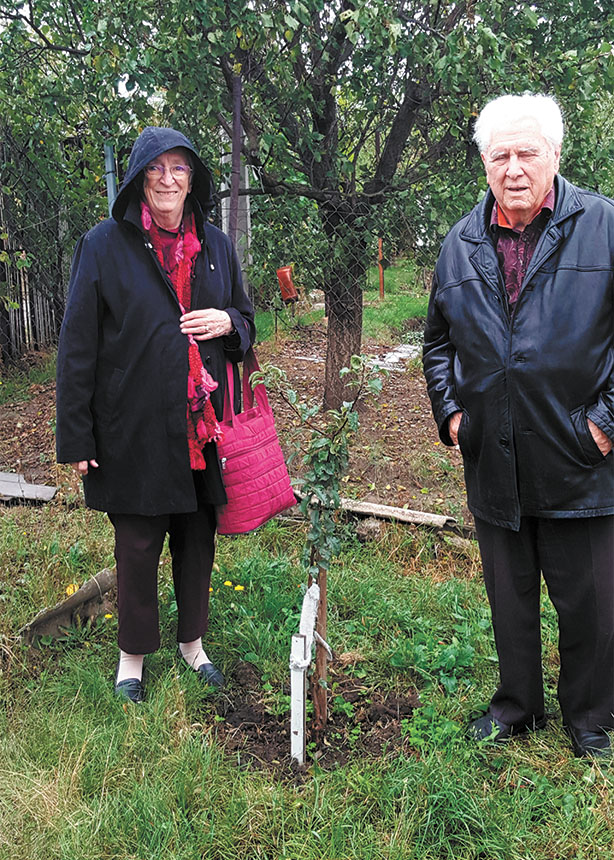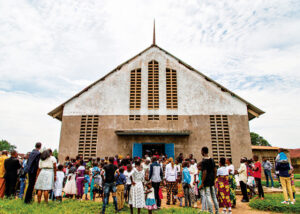“How do you deal with a bad situation? What is the best of the worst solutions?”
These are questions Otto Driedger poses as he reflects on the past.
In 1965, when Driedger was director of child welfare for the Saskatchewan Department of Social Services, he and a colleague started the Adopt Indian Métis (AIM) Program. The program was part of what later became known as the Sixties Scoop. The goal of AIM was not to remove Indigenous children from healthy homes, but to place children already in foster care with permanent adoptive families.
“We had 3,000 children in care on the basis of neglect or abuse,” says Driedger. “Whether our judgments were always accurate is another question, but some would have died if they had not been taken from their homes.”
Indigenous children were often moved from one foster home to another. White families readily adopted white children who were in care, but they did not adopt Indigenous children.
“The recommendation was to find more permanency [for these children],” says Driedger. “Security, love and identity are the principles of child care, especially between the ages of two and five years.”
Driedger acknowledges that having Indigenous children adopted into white families was not the best solution, but he and his colleagues felt it was the best option available to them at the time.
“If you can keep the family together as much as possible, that’s ideal,” he says. If a child is removed from their family, the second best solution is to “find ways for the family to pull together,” and if the child has to be permanently removed, the third best option is “finding as permanent a place as possible.”
Driedger blames settler colonialism for the social disintegration in Indigenous communities.
“For 100 years we tried to destroy the Indian identity by putting them into reserves and residential schools and by not allowing them to practise their religion,” he says. When this happens, he adds, “you expect social disintegration.”
Driedger doesn’t believe that racism motivated his work with AIM. He has always believed that all people are equal regardless of race or gender. And he holds to the social-work principle of looking for positive ways to alleviate negative situations.
“My attitude hasn’t changed,” he says.
Born in 1932, Driedger grew up on a farm near Osler, Sask. “When I grew up I never had that perspective that we needed to be missionaries [to Indigenous people],” he says, recalling youth from Beardy’s and Okemasis First Nation camping near the farm en route to Saskatoon for the exhibition. He and his brothers played with these Indigenous children. As teenagers, he and his older brother drove to Beardy’s community to visit. These experiences, he believes, led him to an open and respectful attitude toward Indigenous people.
“People are different,” he says, “but they’re not above or below you.”
Otto’s wife Florence says that over the years she and her husband “have had many connections with adoptees and their parents—some where it has worked out well, others where it didn’t work out at all.”
Driedger understands that AIM and the Sixties Scoop solved some problems while creating many more. Referring to Indigenous culture, he says, “It took us 100 years to break it down. It will take a lot longer to make it right.” Yet he remains hopeful that Canadian society is moving in the right direction.
“I am incredibly impressed by how forgiving the Indigenous community is,” he says. “A very large percentage is moving in the direction of reconciliation.” He also notes a growing awareness among non-Indigenous people that they have a responsibility to work together with their Indigenous neighbours to right past wrongs.
“Many people in our society are recognizing that we’ve got to work this out together,” he says. “There’s movement in that.”
Driedger worked for the Department of Social Services for 17 years. In addition to several years as director of child welfare, he also worked in corrections, youth and geriatric services.
During the 1970s, he helped develop the social work program at the University of Regina and worked with the Federation of Saskatchewan Indian Nations (now Federation of Sovereign Indigenous Nations) to develop a social-work program specific to the Indigenous context. This resulted in a bachelor of Indigenous social work degree that is recognized nationwide. Driedger also helped develop the human-justice program at the university, eventually serving as professor of social work and human justice.
Since retiring in 1997, the Driedgers have been heavily involved with Circles of Support and Accountability, a restorative justice program that reintegrates former sexual offenders into society. They have also assisted in developing social-work and human-justice education at the University of Odessa in Ukraine.
Do you have a story idea about Mennonites in Saskatchewan? Send it to Donna Schulz at sk@canadianmennonite.org.









Leave a Reply
You must be logged in to post a comment.